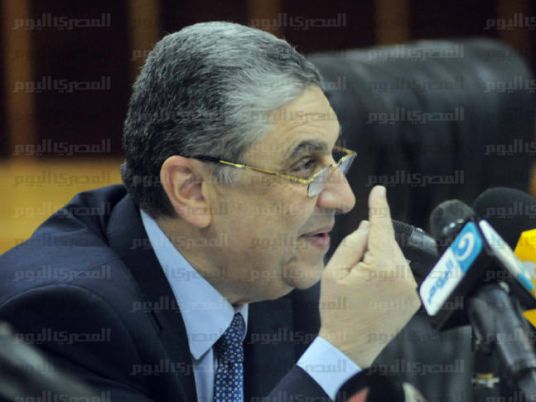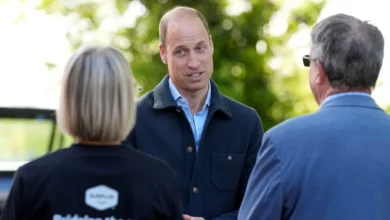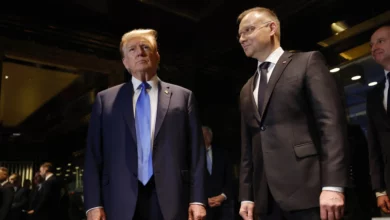
Egypt’s Electricity Ministry is about to finish setting a tariff for electric power generation – the purchase price of energy from the private sector – from waste in cooperation with the Environment Ministry to encourage investment in this field, Electricity and Renewable Energy Minister Mohamed Shaker announced.
The Environment Ministry is working with investors to benefit from waste in more than one area, especially in the generation of electric power, which would lead to reducing greenhouse gases, Shaker said during a meeting with British ambassador to Cairo Jeffrey Adams.
Shaker and Adams discussed ways to boost cooperation between Egypt, represented by the Electricity Ministry, and a number of British companies specialized in the field of electricity, in order to create an attractive investment environment through the liberalization of the electricity market and restructuring of the Egyptian Electricity Transmission Company.
Shaker referred to the Ministry’s strategy to expand renewable energy projects and encourage the private sector to invest in this area, stressing cooperation between the electricity sector and several British companies specialized in this area.
Egyptian Environment Minister Yasmin Fouad announced that the government has prepared a tariff for the sale of energy from waste (EfW), in cooperation with the Electricity Ministry.
All procedures are being finalized with the Finance Ministry and will be announced within weeks, the al-Borsa newspaper reported Fouad as saying.
The environment minister said that the tariff per kilowatt-hour to be announced will be fixed for all types of waste, whether organic, inorganic or agricultural. The minister did not disclose the value of tariff, but specified that it would be “encouraging for investment in this field.”
The Cabinet had issued an indicative tariff in 2015, setting the price for the kilowatt-hour of EfW at 92 piasters, which was objected by the investors at that time; it was agreed to amend the tariff and issue a law after consultation with the Ministries of Electricity, Environment and Finance.
Egypt has rich renewable energy resources, which mainly include wind and solar energy. The electricity capacity that can be produced from these sources is 90 GW, the minister said, pointing out that more than 7,600 square kilometers of untapped land have been allocated for renewable energy projects.
The first plant of its kind in the Middle East is currently being built to generate electricity from water stations at a capacity of 2400 MW at Ataqa Mountain in cooperation with a Chinese company specialized in the field of water stations, Shaker said.
He also stressed interest in electricity linkage projects so that Egypt becomes a regional center for energy exchange with Europe, Arab and African countries, adding that a memorandum of understanding was signed with the International Organization for the Development of Electric Linking Projects (GEIDCO) to study promoting the development of renewable energy in Egypt.
He stressed that the electricity sector is now working to strengthen and develop transmission and distribution networks, which will improve the quality of service provided to citizens.
The British Ambassador in Cairo praised the distinguished political relations between the two countries and stressed on the need to support and strengthen these relations, especially in light of the remarkable geographical location of Egypt between Africa, Asia and Europe.
He also praised the reforms undertaken by the Egyptian government in the energy sector, which boosted the private sector investment and helped attract new investors to the country.
The ambassador expressed his country’s desire to invest in Egypt and contribute to renewable energy projects.
Edited translation from Al-Masry Al-Youm




